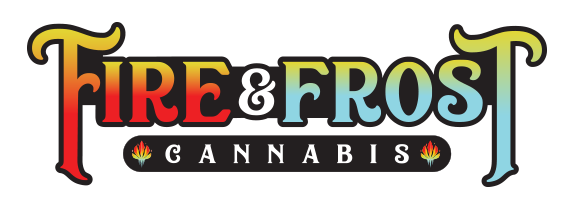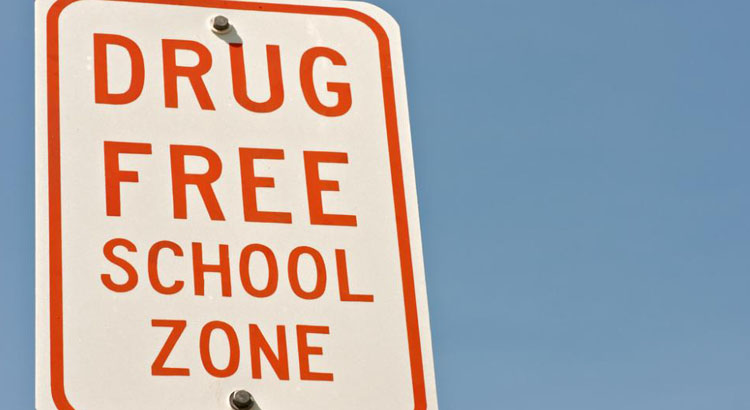A concern among many parents is that their child will experiment with drugs. And, in particular, they wonder if their child will ever engage in the readily available cannabis. These concerns were heightened with the passage of Washington Initiative 502, which legalized small amounts of marijuana for adults over 21 years old. But, were their concerns realized?
A Look Back
First, let’s remember back to when we were in those angsty teenage years. If you had any social life, even if it was occasional, you have personally been at a party or were hanging around town or were driving to the movies when a friend, or maybe a friend of a friend, pulled out a joint and asked if you wanted to get high. Maybe you partook. Maybe you didn’t? Maybe you thought of what your parents would think? Maybe you didn’t give a second thought to what they might think because, hey, it’s your life and you can do whatever you want. You’re basically an adult. Or, maybe you were the friend of a friend offering the weed.
These scenarios are playing out all across America, in cannabis legal states and otherwise, right this very moment.
And so what if you decided to partake? Why are parents always so melodramatic and overprotective?
The Science
While we’d like to think our parents just didn’t want us to get caught with an illicit substance that, they thought, would get us tossed in jail or, more likely, stuck with a ridiculously large fine and mandatory AA meeting participation, there is more logic to the concerned parental. (Parents, this is when you should listen most.)
There is science that backs illogical responses and reactions by teenagers. You might think you’re in control and practically an adult when you’re 17. You might even act more mature than your peers. But, are you?
Scientists used to think the brain was basically done forming before high school. But, they were way wrong. Instead, it’s now been confirmed over and over again that the prefrontal cortex still isn’t fully functioning – and this is a major deal.
So, what is the prefrontal cortex? Well, it’s a part of the brain that is right behind your forehead and acts as the CEO of the brain. It is responsible for all sorts of things including memory, planning, organization, and mood. As it forms, teenagers will naturally become better at reasoning, impulse control, and judging the safety of situations. Ultimately, while cannabis is rather safe, the overall situation may not be and a teen’s brain may or may not process this; a nightmare parent scenario.
Additionally, a teen is more susceptible to addiction than an adult. While it’s shown that cannabis itself is not addictive, behaviors are – hence marijuana use disorder. This is four to seven times more likely is people who start consuming cannabis before age 18.
Similarly, studies confirm that a teenager who smokes cannabis will show cognitive defects even days after use. Alternately, adults will return to their baseline much faster. This can easily result in poor test performance after a weekend of cannabis consumption for those whose brains are literally not yet fully formed.
The Data
So, should parents be concerned? Maybe the answer is yes. But, will cannabis legalization increase teen cannabis use? Well, we finally have the answer.
In 2016, more than 230,000 Washington students in grades 8-12, representing all 39 counties, 236 school districts, and over 1,000 schools participated in the Healthy Youth Survey. Here are the results:
These students admitted to marijuana use in the last 30 days:
- 6% of 8th graders
- 17% of 10th graders
- 26% of 12th graders
While that might be alarming to parents, only half of the students consumed cannabis on six or more days in that month. Additionally, these statistics indicate that numbers have remained steady, rather than increasing over the years.
However, there are other areas where education is needed and, at Mary Jane’s House of Grass, we encourage this open dialogue. Just like alcohol, we agree that cannabis use is a privilege that comes with age and, more importantly, full brain development.
One area that is changing is 8th graders perceived risks associated with cannabis. While cannabis has exponential benefits for adults, as discussed above there are specific scientific reasons teens should not yet engage.
While 53% of 8th graders understood the risk, only 48% recognized these effects in 2016. Today, about one in five 8th graders, one in three 10th graders, and 50% of 12th graders perceive no to slight risk associated with regular cannabis use.
However, the questions must also be asked, how was survey question presented. For adults there is little to no risk associated with marijuana use, while the use for teenagers does actually alter their minds, and for multiple days after consumption.
Ultimately, this is what the data is telling us:
- Cannabis among teenagers remains steady.
- Education may be needed to ensure teenagers recognize the risks specific to them.
The Outcome
At Fire & Frost Cannabis, we encourage recreational cannabis experimentation only for adults over 21 years old. We have seen the benefits ourselves and for our customers. We know that for those whose brain is fully formed, cannabis can relieve insomnia, pain, depression, nausea and many more conditions. We also know it’s a great de-stressor and sometimes it’s just plain ol’ fun!
However, as a member of the Washington community, we want to encourage safe, legal use and discourage teenage experimentation. With that said, we know that teens will experiment and for this reason, we strongly encourage parents to develop an open dialogue with their children starting from a young age, just as one does with alcohol.
Teens aren’t going to innately know that while cannabis is beneficial for adults, it can have proven negative effects on the younger forming mind. We want the next generation to flourish and for that reason, we discourage cannabis use until adulthood, and encourage dialogue and education.
To learn more about how to engage in an open dialogue with your teenager, visit www.starttalkingnow.org and www.learnaboutmarijuanawa.org.



Thank you for your reading. Join the conversation by posting a comment.